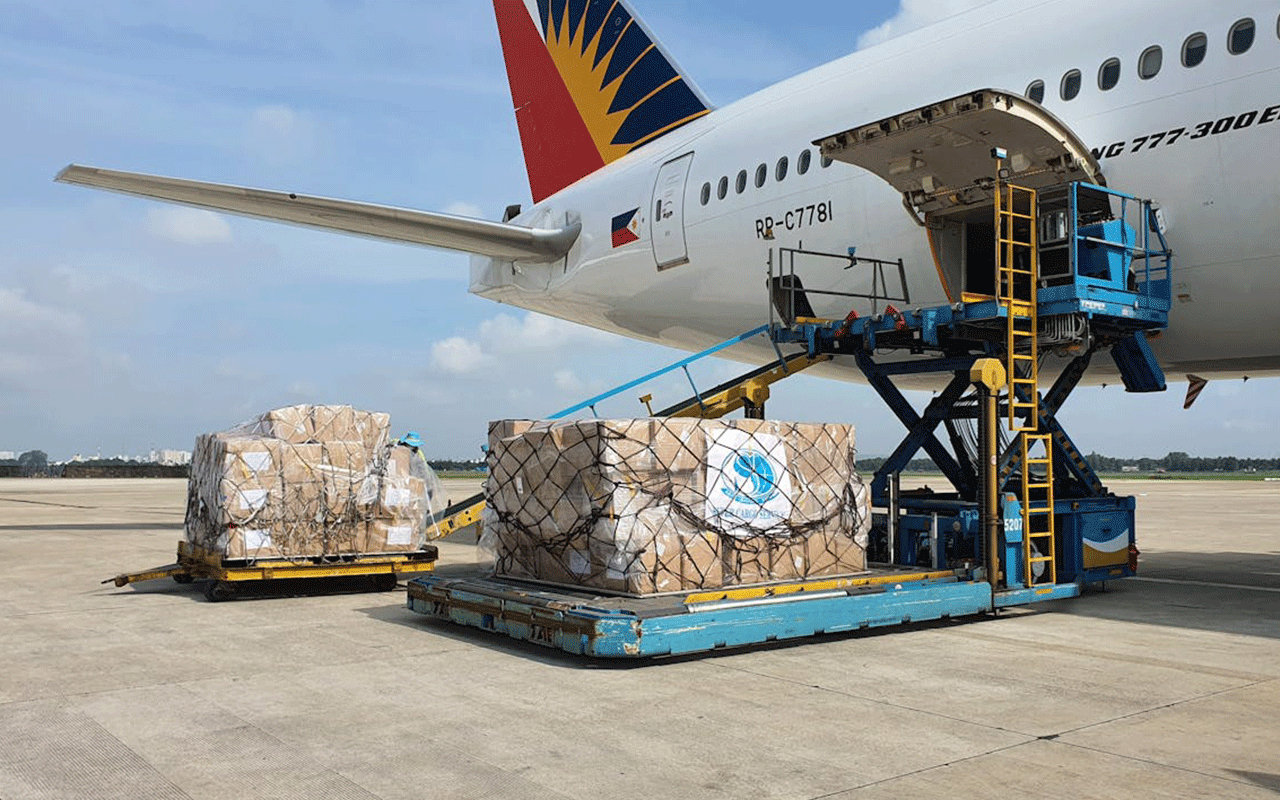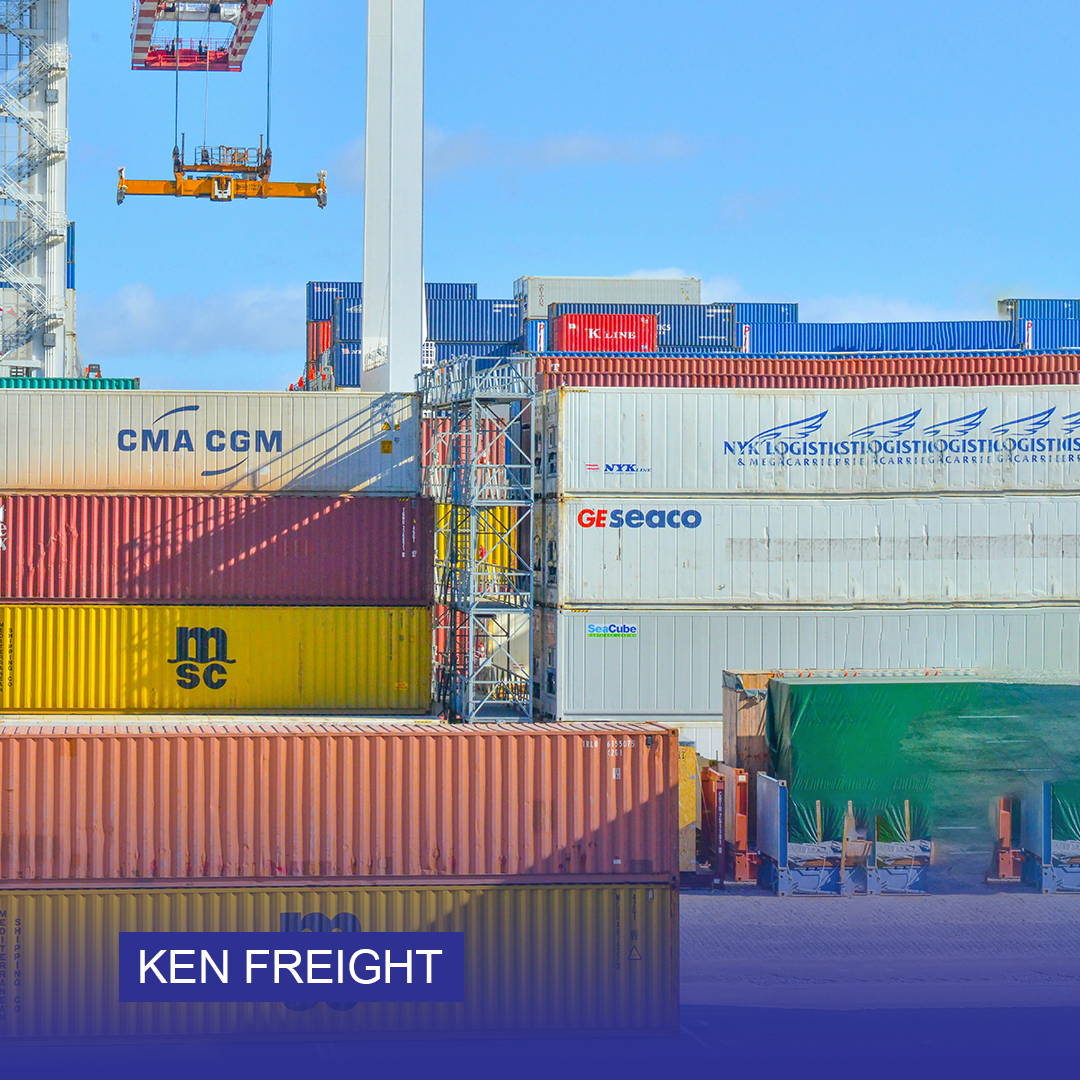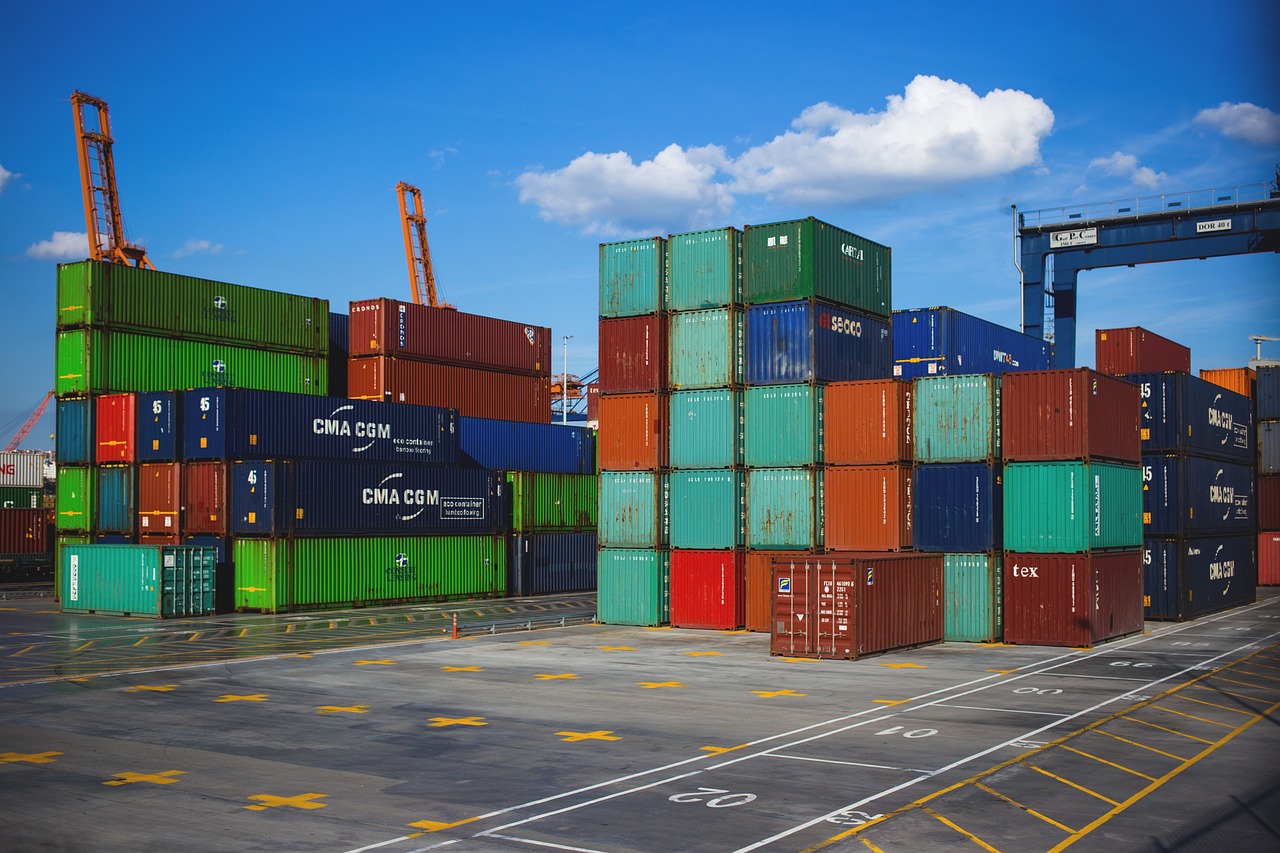1. Introduction to Customs Clearance in South Sudan
Customs clearance is the process through which goods are approved for import or export, ensuring they meet all regulatory, legal, and tariff requirements. In South Sudan, this process is essential for businesses engaged in trade, as it governs how goods enter or leave the country. For companies, navigating customs is crucial to ensure a smooth flow of goods, prevent delays, and avoid penalties. An efficient customs clearance process helps businesses focus on growth, making it a key component in the supply chain.
Importance for Businesses and Trade
Effective customs clearance is not just a procedural step; it’s the backbone of international trade. For South Sudan’s economy, a streamlined customs process supports trade, encouraging business investments and fostering economic growth. By simplifying customs clearance, businesses can reduce operating costs, minimize delays, and better manage their supply chains.
2. Understanding Customs Regulations in South Sudan
South Sudan’s customs regulations are designed to control and monitor goods entering or leaving its borders. Understanding these regulations is essential for compliance and ensures that goods pass through customs swiftly.
Key Regulations to Be Aware Of
Key regulations include guidelines on restricted items, tariff classifications, and duty calculations. Importers and exporters must familiarize themselves with South Sudan’s lists of restricted or prohibited goods, which may include certain chemicals, pharmaceuticals, or agricultural products.
Common Compliance Requirements
Businesses need to meet specific compliance standards such as proper labeling, accurate valuation of goods, and adherence to import/export restrictions. Failing to comply with these requirements can result in fines, confiscation, or delays, underscoring the importance of understanding customs requirements fully.
3. The Role of Customs Agencies and Authorities
Several agencies oversee the customs process in South Sudan, each with distinct responsibilities. These agencies work together to ensure the legality and safety of traded goods.
Agencies Involved in Customs Clearance
The primary agency is the South Sudan Customs Service (SSCS), which handles customs inspection, documentation, and duty collection. Other agencies, including the Ministry of Commerce and regional trade bodies, also play a role in regulating goods and supporting the customs process.
How They Facilitate Trade
Customs agencies are not just enforcers but facilitators of trade. They assist businesses by providing guidance on compliance, helping navigate documentation, and resolving customs-related issues. Through these efforts, they make it easier for businesses to import and export goods legally and efficiently.
4. Documentation Essentials for Customs Clearance
Accurate documentation is the foundation of successful customs clearance, providing authorities with the necessary information to assess goods quickly.
Important Documents Required
Key documents include the bill of lading, commercial invoice, packing list, and certificate of origin. Additional permits may be required for specialized goods, such as agricultural or medical items, to ensure they meet regulatory standards.
Tips for Accurate Documentation
Accurate documentation starts with clear descriptions, precise product classifications, and consistent valuation of goods. Avoiding discrepancies between the invoice, packing list, and bill of lading can reduce processing times and prevent complications during clearance.
5. Navigating Import and Export Duties
Understanding import and export duties is crucial for budgeting and cost management. Duties impact the final cost of goods and, subsequently, profit margins.
Overview of Duty Types and Charges
South Sudan applies various duties depending on the nature of the goods. Import duties, excise taxes, and value-added tax (VAT) are some of the common charges. Duty rates differ based on product classification, country of origin, and trade agreements.
How Duties Affect Business Costs
Duties directly impact a business’s bottom line, affecting product pricing and profitability. Accurate duty assessment and planning can help businesses maintain competitive prices while ensuring compliance with South Sudanese customs laws.
6. Customs Tariffs and Tax Considerations
Customs tariffs and taxes play a significant role in the customs process, influencing the cost of imported goods.
Understanding Tariffs for Different Goods
Tariff classifications are determined based on the Harmonized System (HS) code, which categorizes goods according to type and purpose. Understanding the correct HS code for goods ensures accurate tariff assessments.
Tax Exemptions and Concessions
Certain goods may qualify for tax exemptions or reduced tariffs, particularly if they are deemed essential, such as medical supplies or agricultural equipment. Businesses can consult customs authorities to explore eligibility for such concessions, potentially lowering import costs.
7. Steps in the Customs Clearance Process
The customs clearance process follows a sequence of stages, each of which contributes to the orderly import and export of goods.
Pre-Clearance Requirements
Preparation starts before goods arrive at customs, including gathering documents, verifying tariffs, and assessing duties. Completing these steps beforehand can expedite the process and reduce bottlenecks.
Inspection and Approval Procedures
Once goods arrive at customs, they undergo inspection to ensure compliance with regulatory standards. Authorities may physically inspect goods or rely on document reviews. Following inspection, goods are either approved for release or subjected to further scrutiny if discrepancies are detected.
8. Common Challenges in South Sudan’s Customs Process
Customs clearance in South Sudan can present challenges that businesses need to be prepared for to avoid disruptions.
Bottlenecks and Delays
Factors such as limited infrastructure, high cargo volumes, or incomplete documentation can lead to delays. Efficient preparation and communication with customs officials help mitigate these risks.
Legal and Procedural Complexities
Customs regulations can be complex, with various rules, taxes, and compliance standards to follow. Lack of clarity in regulations or frequent changes can also create confusion, adding to procedural challenges.
9. Tips to Streamline Customs Clearance in South Sudan
Businesses can adopt certain practices to simplify customs clearance, ensuring a smoother experience.
Best Practices for Efficient Clearance
Using a customs broker, preparing accurate documentation, and maintaining communication with customs authorities are effective practices. Staying informed of any regulatory updates can also help prevent unexpected hurdles.
Utilizing Technology and Resources
Digital tools like customs management software can streamline documentation, track goods in real-time, and facilitate compliance checks, reducing the risk of human error. These tools are particularly useful for businesses with high transaction volumes.
10. Future of Customs in South Sudan
South Sudan’s customs system is gradually evolving, with potential reforms on the horizon.
Potential Reforms and Modernization Efforts
Efforts to digitize customs procedures, improve training for customs officers, and simplify regulations are underway. These changes could increase efficiency, reduce clearance times, and attract more international trade.
Embracing a Trade-Friendly Approach
As South Sudan continues to integrate with regional and global trade networks, it’s increasingly adopting practices that foster a favorable business environment. Improved customs systems and trade-friendly policies promise a more streamlined process for businesses engaged in cross-border trade.
In conclusion, efficient customs clearance is essential for businesses in South Sudan seeking to expand their trade horizons. By understanding customs regulations, preparing necessary documentation, and staying informed about duties and tariffs, businesses can simplify the process. Embracing technology and best practices further enhances the efficiency of customs clearance, ensuring South Sudan’s businesses are well-equipped to thrive in an evolving market.




